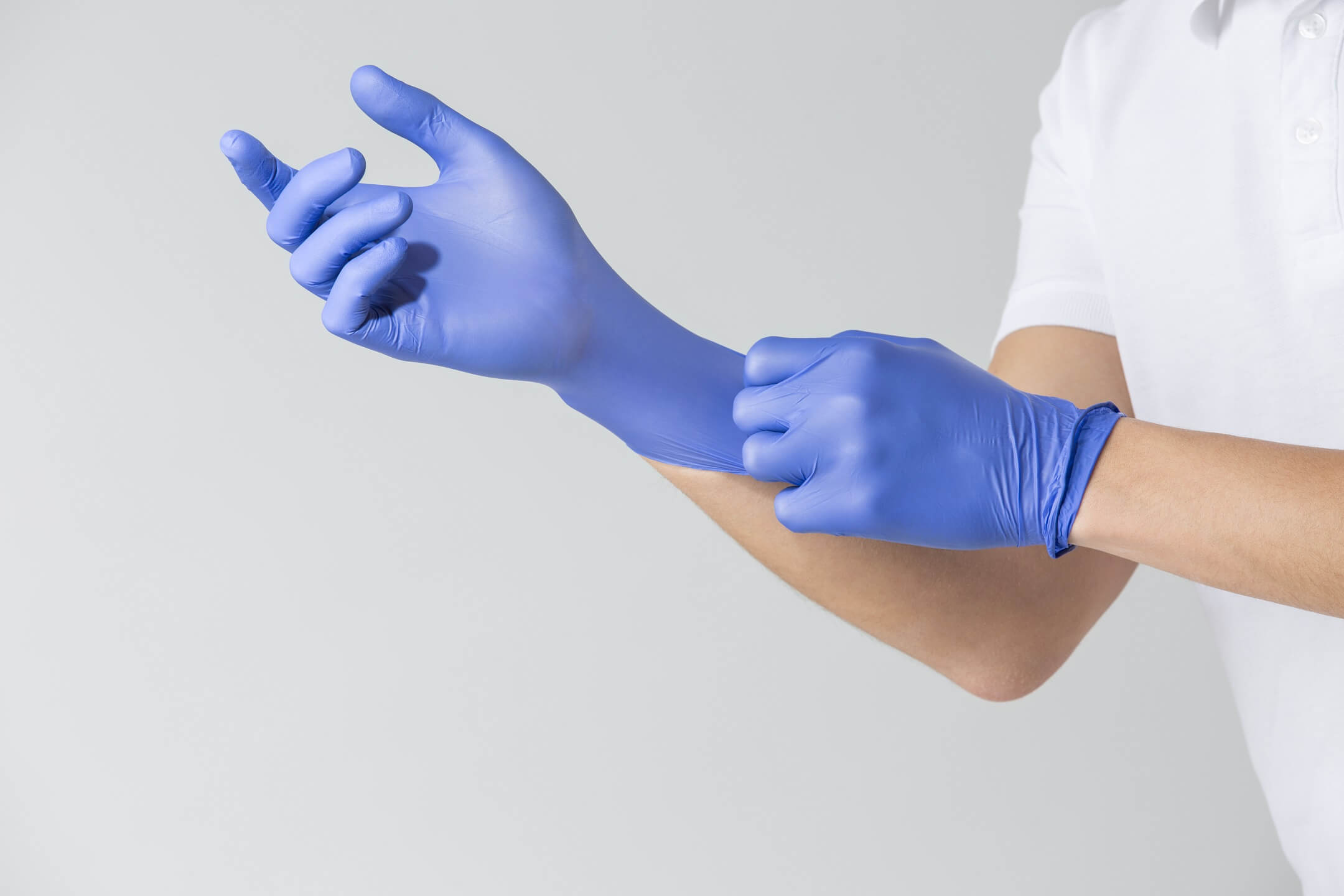Oral cancer (also known as mouth cancer) refers to any malign tumor developed in the soft tissues of the oral cavity or oropharynx (upper throat). Mouth cancer has different locations, but it typically appears on the sides of the tongue, the inside of the cheeks, the roof of the mouth, the lips, or the gums.
It is a serious condition like any type of cancer, but unfortunately, most patients are diagnosed when it’s already too late. This is mainly because not many people know what this condition is and how to prevent or diagnose it on time. In this blog, we explain five essential facts that can help you understand oral cancer better:
There are Different Types of Oral Cancer
Different tumors can develop in the oral cavity, and each of them has a different prognosis and course of treatment. Many of them have similar clinical signs and symptoms, so if the dentist finds a wound or bump that looks suspicious, he needs to perform further studies (typically a biopsy) to reach an accurate diagnosis. Not all abnormalities are malignant, but a biopsy is the only way to confirm this.
Tobacco Use Increases the Risk of Oral Cancer
Smoking cigarettes, pipes, or cigars increases the risk of any type of cancer, but it has a severely detrimental effect on oral health. Smokers are ten times more likely to develop mouth cancer than non-smokers, as some of the chemicals contained in the smoke promote the abnormal behavior of oral cells that trigger the disease.
54,000 Adults in the US Will be Diagnosed with Oral Cancer in 2022
The American Cancer Society estimates that 54,000 adults (38,700 men and 15,300 women) in the United States will be diagnosed with oral or oropharyngeal cancer this year. This number intends to alert patients about how frequent this condition is and how vital dental check-ups are to maintain oral health.
Oral Cancer Can (and Does) Get Serious
Mouth cancer can be life-threatening when not diagnosed and treated on time. The severity of this condition varies widely according to the original location (tongue, cheeks, gums, etc.) and the extent of the disease, so an early diagnosis is crucial for a good prognosis.
Regular Dental Check-Ups Can Save your Life
If mouth cancer is caught early enough, the cure rate is around 90%. Dentists are trained to detect abnormalities in your oral tissues, so there are no reasons to worry about this condition if you visit the office regularly. However, if you have a wound that doesn’t heal in 2 or 3 weeks or detect a discoloration or curious bump in your soft tissues, we advise you not to wait for your annual check-up and schedule a consultation for a quick examination.
Have You Had Your Oral Cancer Screening this Year?
Early diagnosis is the best defense against oral cancer, and at Hill Country Oral Surgery, we are aware of that. Schedule an appointment today and be screened by one of our dentists in your first visit!



